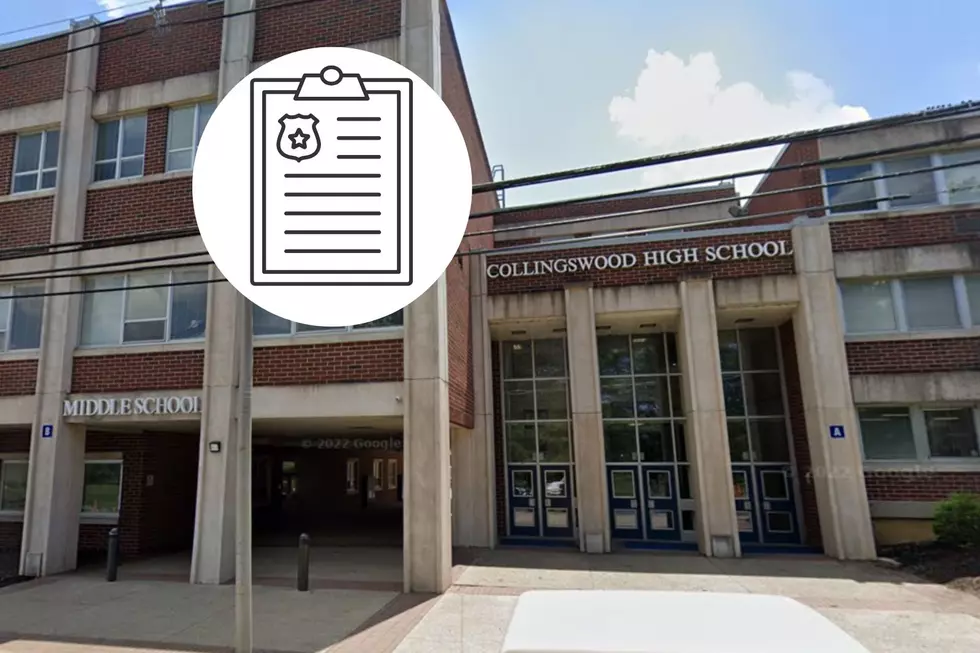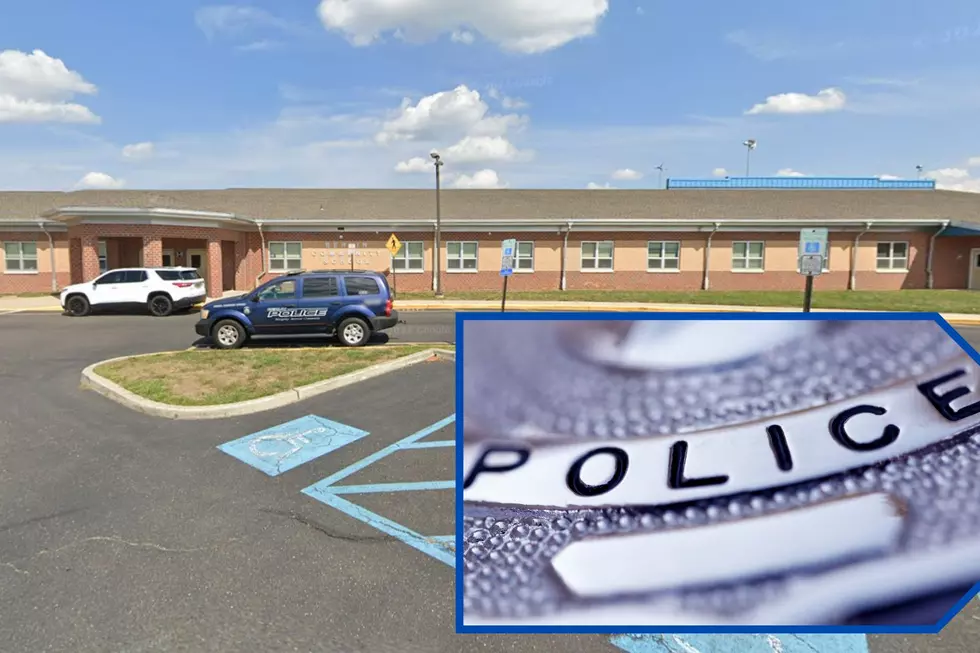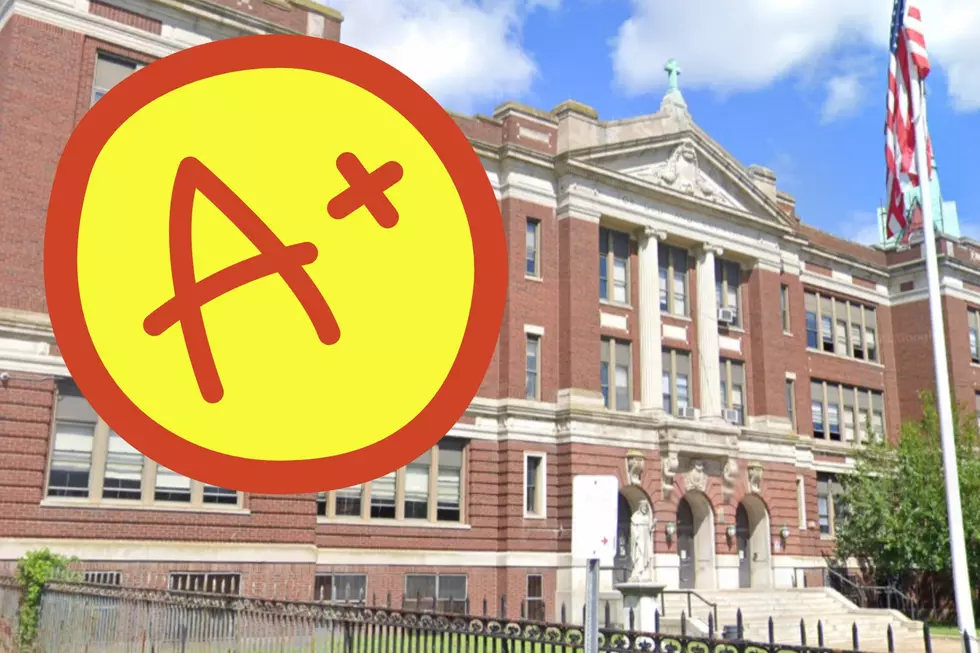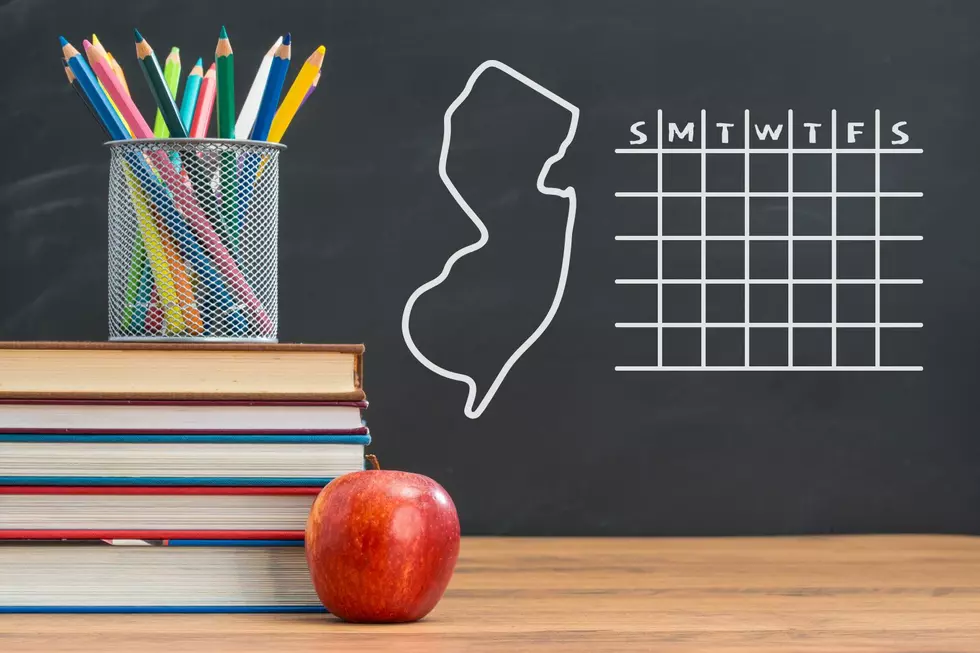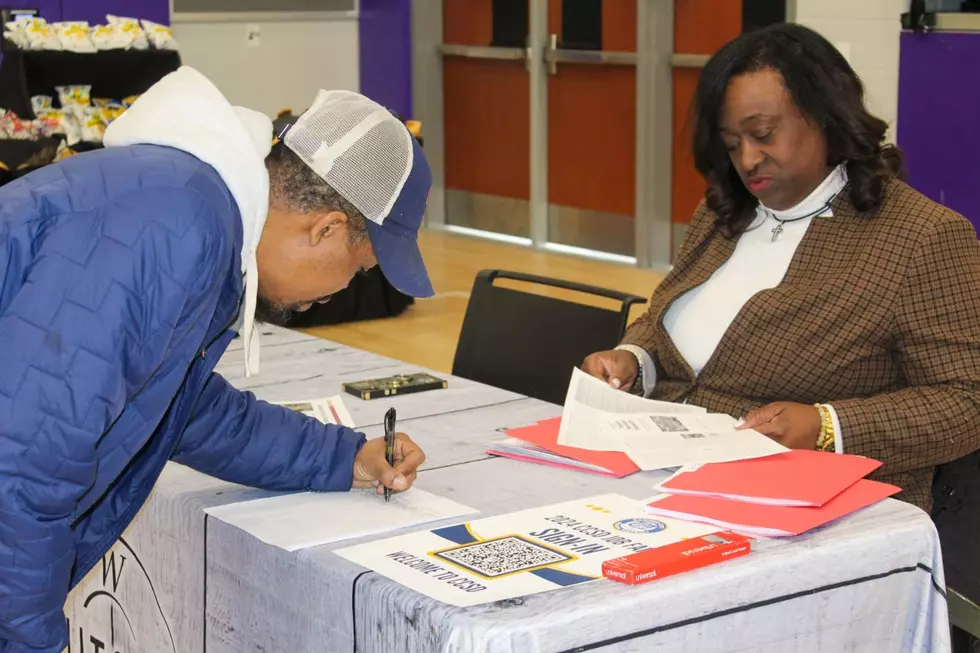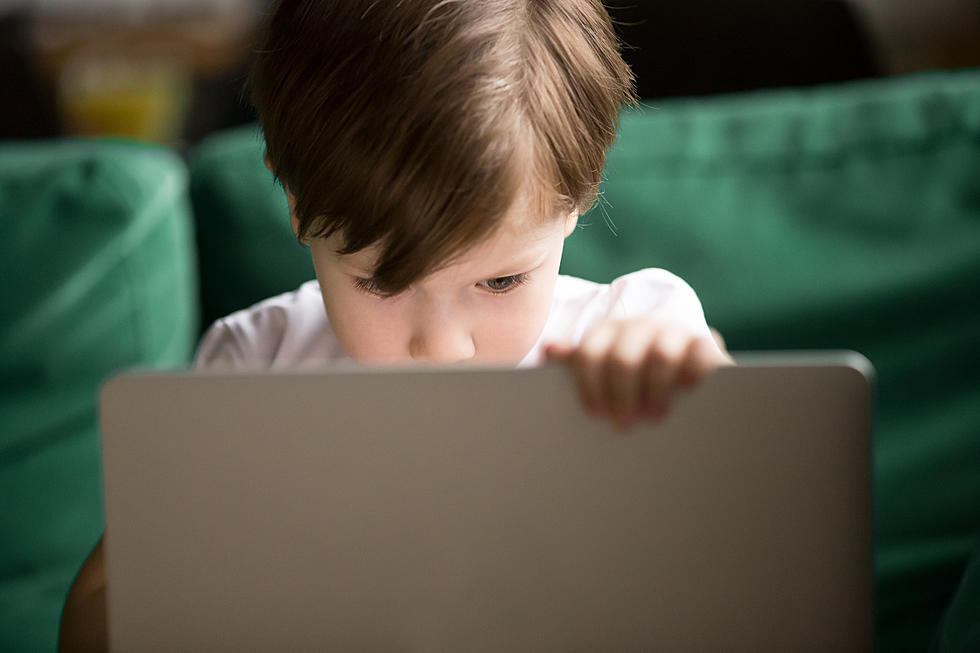
When class is on, your child’s webcam may not have to be
Kids forced to learn online because of the coronavirus pandemic are not necessarily forced to be visibly present when the remote school day is in session.
In fact, a sample policy on remote learning and online participation from the New Jersey Schools Boards Association suggests that students' webcams be turned off during live learning unless their class would benefit from the cameras being turned on.
Taking parents' and kids' concerns into account while heading into this unique academic year, school districts across New Jersey have spelled out exactly what they expect from their students when school is in session remotely — including how they can signal their presence.
Even through the remote approach, student attendance is taken at the beginning of sessions, and schools know when a student logs on or off of their online-learning platforms.
"We do not require the students to turn their webcam on but we are looking at a policy for the purpose of taking tests," said Victor Valeski, superintendent of East Brunswick Public Schools. "It could be potentially for the majority of the day where they wouldn't show their face."
But if teachers can't see kids face-to-face over the web, Valeski noted, there are other ways to engage with students — voice only, for example, or through the chat function.
Students' webcams need to be turned on during remote learning sessions in the Freehold Regional High School District, according to district spokeswoman Rebecca Policastro. But the district recognizes that some students would prefer not to have their face on camera.
"In those cases, instead of showing their face on camera the student could have their arm in the frame, so the teacher would know they are present throughout the class period," Policastro said.
Livestreaming instruction presents student privacy concerns, and schools are sensitive to that fact, the NJSBA told New Jersey 101.5. In a sample policy provided by the association, it's recommended that teachers inform students at the start of a session whether their cameras need to be on or off.
"Students' cameras should be off, unless it is of added value to your classes to switch them on. Students may always choose to switch them on voluntarily," the sample policy states.
Students should also have the option to turn off their webcam if a teacher plans to record a segment or session, the policy reads.
Valeski, with the East Brunswick school district, said all testing will take place "in the virtual environment" for the time being. So a forthcoming policy will likely require that a student's camera be on and live during an assessment, so the teacher can be sure it's actually the student taking the test.
"We promised families we would not take up face-to-face time for giving assessments," Valeski said.
Contact reporter Dino Flammia at dino.flammia@townsquaremedia.com
Smile, New Jersey
More From New Jersey 101.5 FM
